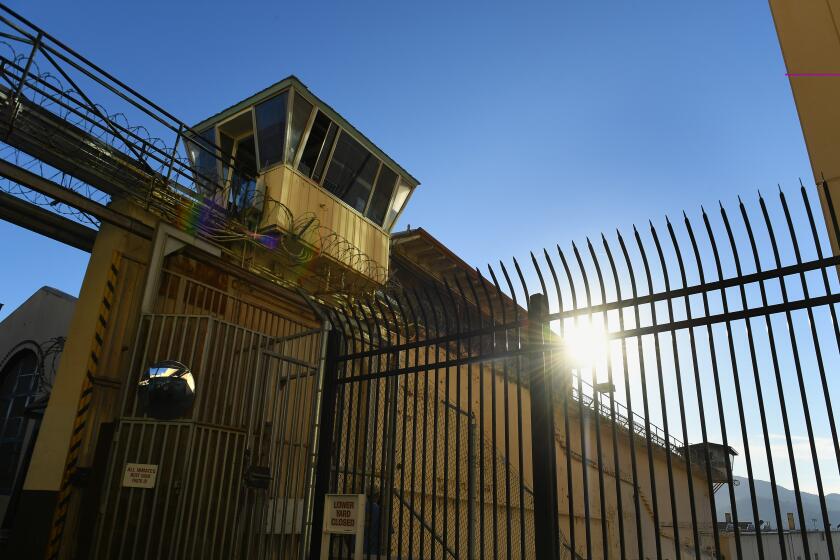No excuses for L.A. County’s emergency communications fiasco
The tragedies of 9/11 tested first responders and exposed a weakness in their systems: Police, fire and hospital personnel in many areas, Los Angeles included, communicate on different electronic platforms and thus have difficulty coordinating their responses to large, complicated catastrophes. In Los Angeles, where earthquakes pose that challenge more frequently than acts of terrorism, 9/11 alerted local officials to the need for a coordinated communications network. The county’s response was to launch a joint powers effort to develop what is known as the Los Angeles Regional Interoperable Communications System. Fully a decade later, that work is in a shambles, a meltdown that should embarrass all involved.
At the heart of this particular fiasco is a competition between Motorola and Raytheon, two large companies bidding for the right to build the communications network that would allow police officers, firefighters and others in Los Angeles County to talk to one another in an emergency. After years of research and analysis, the joint powers authority, composed of leading law enforcement and government officials, decided that Raytheon had presented the more promising and economical bid, and negotiators settled down to work out the details with the company. But problems soon complicated those talks. Motorola complained that the bids were improperly evaluated. The negotiators mistakenly shared some of Motorola’s proprietary information with Raytheon. Lobbyists for Motorola suggested that Raytheon was incapable of building the system, while those for Raytheon complained of influence-peddling by Motorola.
On Thursday, the board overseeing this project retracted the bid and decided to start over. After extensive negotiation, and less than a month before finalizing a deal, lawyers for the board declared that the original request for proposals was flawed and needed to be rewritten. That amounts to years of wasted effort. It could threaten federal grant support for the project, and it means that Los Angeles will, for years to come, remain just as exposed to the danger of uncoordinated first responders as it was on that fateful day a decade ago.
There is no duty more sacred to government than the protection of its citizens. In this instance, those charged with that duty have failed.
More to Read
A cure for the common opinion
Get thought-provoking perspectives with our weekly newsletter.
You may occasionally receive promotional content from the Los Angeles Times.










